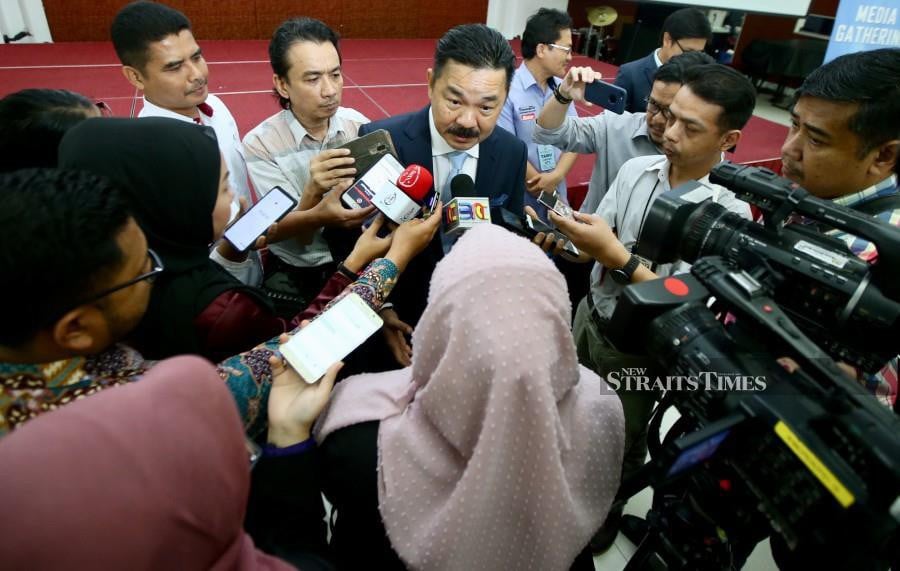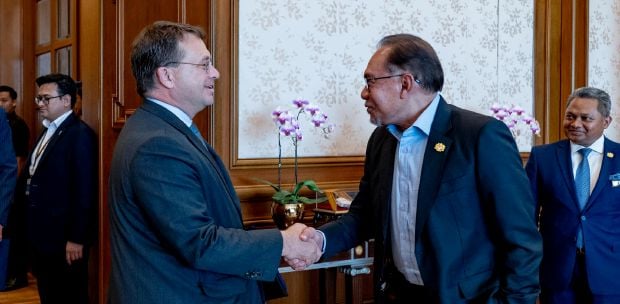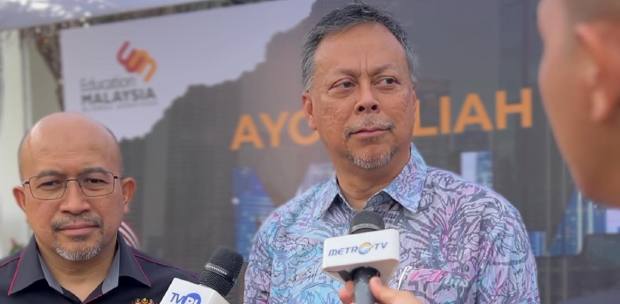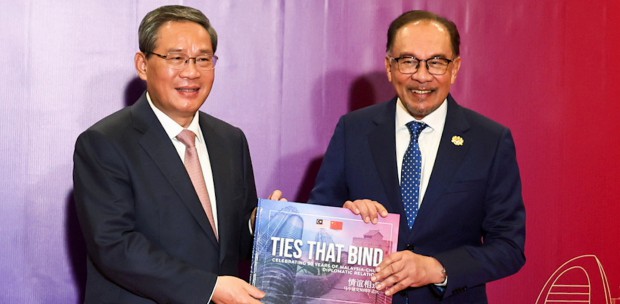JAKARTA: Indonesia is seeking to turn a new page in its bilateral ties with Malaysia, with a view towards achieving mutual prosperity rather than creating competition.
Indonesian Ambassador to Malaysia, Rusdi Kirana, said the new direction should be geared towards leveraging the strengths of both countries.
“Why do we have to rely on third parties to move our economy forward? Why should we let a trade war between the United States and China affect our economy?
"Isn’t it possible for Indonesia and Malaysia to leverage on domestic demand to ensure that both economies remain strong despite the US-China trade war?" he added.
Rusdi, who is also the sole owner of Indonesia's largest airline, Lion Air, threw out some outside-of-the-box ideas, whilst venting his frustrations over the current level of ties which remain stuck on traditional issues such as haze, manpower and borders.
"I want us to move on. There will be no lies between us," said Rusdi, borrowing the title of a song by Indonesian singer, Broery Marantika.
The atypical diplomat met with Malaysian journalists at the Lion Tower in Jakarta on Friday, ahead of a two-day visit by Indonesian President Joko Widodo, or Jokowi, to Kuala Lumpur beginning Thursday.
It will be Jokowi's first trip overseas after being re-elected president for a second term in the presidential election last April.
According to Rusdi, several agendas have been set for discussion between Jokowi and Prime Minister Tun Dr Mahathir Mohamad which are geared towards strengthening relations between the two countries.
Indonesia is Malaysia's fourth largest Asean trading partner after Singapore, Thailand and Vietnam.
Rusdi said the competitive mindset between Indonesia and Malaysia should be abandoned and replaced with mutual prosperity.
He cited as an example the tight competition between the two countries in the crude palm oil (CPO) market.
“Both are competing for the Chinese market to sell their respective CPOs. When Indonesia visits China, Beijing will say that Kuala Lumpur is offering CPO at a lower price.
“When Malaysia goes to China, Beijing says Jakarta offers its CPO at a lower price. So, when will we ever get a higher price? ”Rusdi said.
He suggested that Jakarta and Kuala Lumpur not rely too much on China, India or the European market, to reduce each countries’ CPO stockpiles.
“We should jointly invest in producing aviation fuel from palm oil.
“The fuel produced from this joint venture can later be used by Indonesian and Malaysian airlines.
“It might need a big investment, and the fuel price might be more expensive, but the palm oil industry in both countries may be able to subsidise it so that the price is lower than that of fossil fuel.
"This way, the palm oil stockpiles in both countries can be reduced and the CPO price raised," Rusdi said.
Apart from the joint cooperation, the Ambassador also gave the thumbs up to Malaysia's proposal to create an Asean car project, or Asean Car.
He added that the project could easily be launched by the two countries, as both already have their own automobile industries.
In addition, Rusdi suggested that oil companies Petronas and Pertamina form a joint-venture in downstream activities to leverage their respective strengths.
"On our own, we may not have the economies of scale, but combined, it could be enough for both to invest in such investments," he said.
Rusdi also suggested that both countries consider using their respective currencies for bilateral trade.
“Why do we need to use the US dollar when carrying out trade activities with each other? It is better to use the ringgit or rupiah, as this can avoid the cost of converting from rupiah to dollar and then to the ringgit,” he added.





